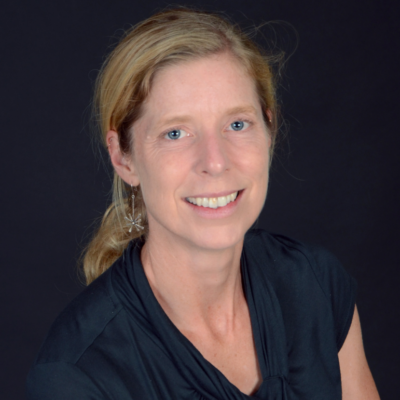Where the Nation Prays: Public Religion and Sacred Space in India and Turkey
Anna Bigelow, Department of Religious Studies, Stanford University
In the wake of the Hagia Sophia’s opening as a mosque in July 2020, many observers have drawn comparisons between Turkey’s assertion of ascendant religious nationalism through the use of sacred space and the breaking ground in August 2020 for the building of a Hindu temple at a contested site of a destroyed mosque in Ayodhya, India. The ruling political parties in both countries are redefining their constitutional secularism to prioritize the conservative religious sensibilities of their political bases and both have deployed sacred spaces as means of mobilizing and signaling their agendas to their constituents. I will discuss several key questions in these emerging case studies: Why are sacred sites so central in the public debates about the nature of the Turkish and Indian polities? How does the status of shared sacred space work to establish the status of religious minorities? Are their particular features of these sites (the Hagia Sophia and the Babri Masjid/Ramjanmabhumi in Ayodhya) that make them especially potent vectors for religious majoritarian politics? Does the erasure through destruction of the Ayodhya mosque create different possibilities for Hindu nationalist politics than does the more conservative (and conservation-oriented) approaches towards the Hagia Sophia undertaken by Muslim nationalists in Turkey?
Anna Bigelow is Associate Professor of Religious Studies specializing in Islamic Studies and the religions of South Asia and the Middle East. Her work focuses on Muslim devotional life, especially sacred spaces and ritual practice. Current research concerns the circulation of devotional objects at Sufi shrines in India and Turkey.
Professor Bigelow’s first book, Sharing the Sacred: Practicing Pluralism in Muslim North India (Oxford University Press, 2010) is a study of a Muslim majority town in Indian Punjab and the shared sacred and civic spaces of that community. Her second book project is a comparative study of shared sacred sites in India and Turkey tentatively titled The Varieties of Secular Experience: Studies in India and Turkey. This work interrogates the shifting nature of secularism as experienced, interpreted, and adjudicated through shared sacred spaces. Also in process is an edited volume on Islamic Objects (under contract with Bloomsbury) that surveys everyday objects and how Muslims engage and use them.
Professor Bigelow received her BA from Smith College, MA from Columbia University, and PhD in Religious Studies from UC Santa Barbara. Her research received support from the Carnegie Scholars Program, the Social Science Research Council, and the American Institute of Indian Studies, among others.
Presented by the Berkeley Center for the Study of Religion, and co-sponsored by the Center for Democracy, Toleration, and Religion (CDTR), Center for Middle Eastern Studies, Institute for South Asia Studies, and Social Science Matrix. Technical support and presentation offered by UC Berkeley College of Letters & Science, Division of Arts & Humanities.

